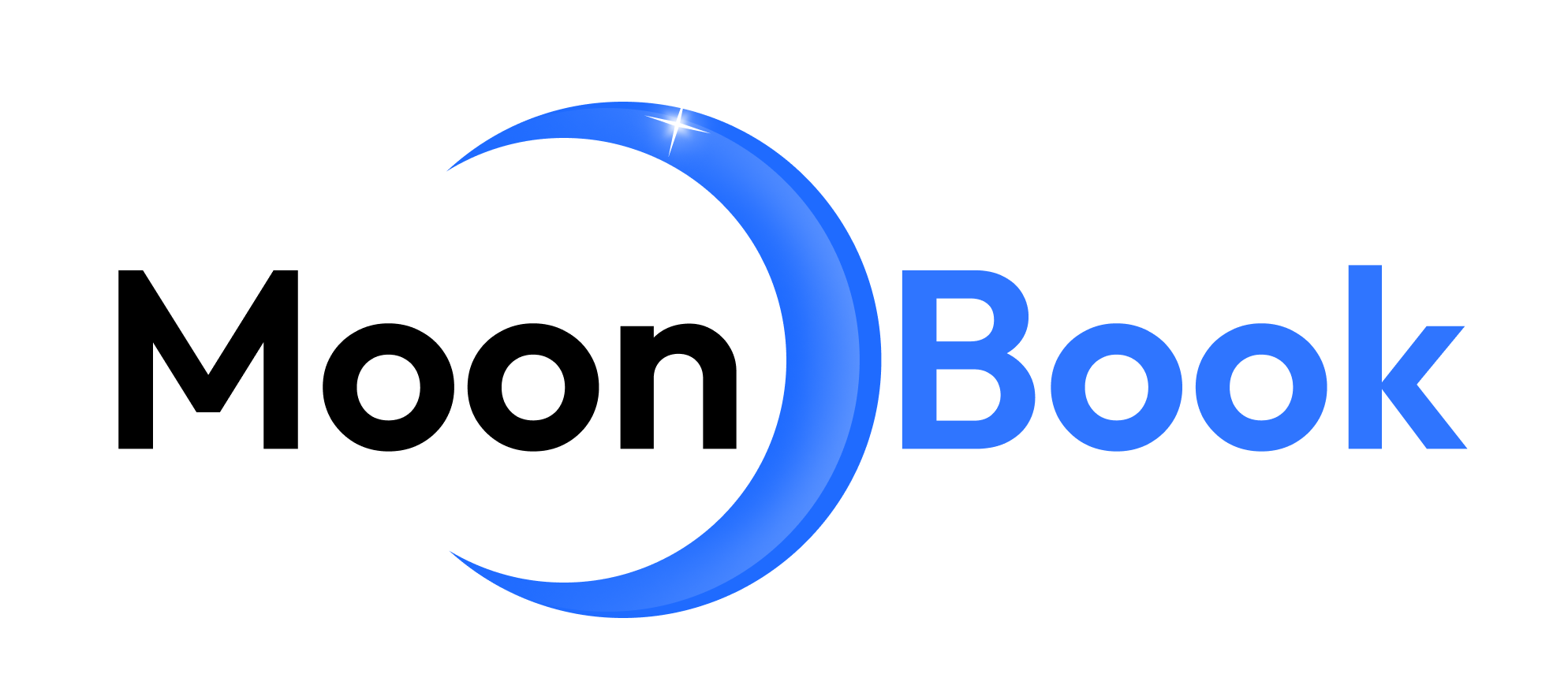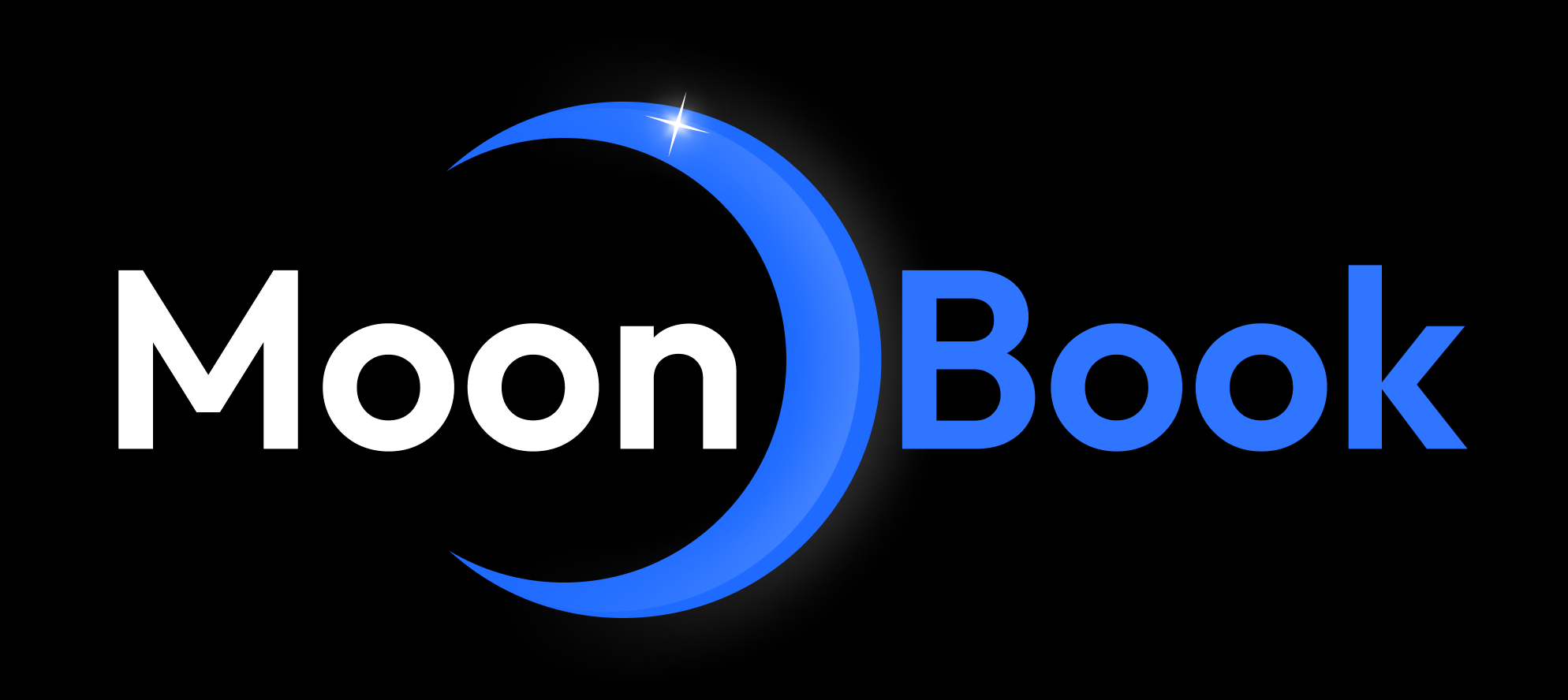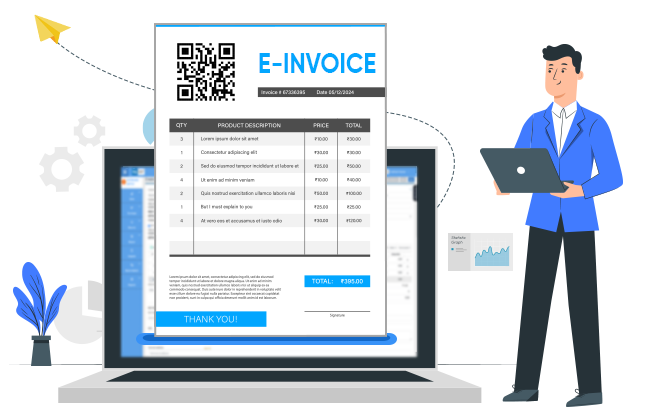The financial architecture of the e-invoicing market is built on a diverse set of transactional, subscription-based, and service-based revenue models. The substantial and growing flow of E Invoicing revenue, which is fueling the market's journey to a USD 24.35 billion valuation by 2034 at a 6.33% CAGR, is generated by charging businesses for the creation, transmission, and compliance of their digital invoices. This economic model is designed to capture value from the high volume of transactions that flow through these platforms and from the deep expertise required to navigate the complex global regulatory landscape, creating a resilient and scalable financial structure for the industry.
One of the most common and significant revenue models in the market is the transactional, or "pay-per-document," model. Under this structure, a service provider charges its client a small fee for each electronic invoice or other business document (like a purchase order or credit note) that is processed through its platform. This model is straightforward, transparent, and allows the provider's revenue to scale directly with the transaction volume of its customers. This is a particularly common model for network-based providers, where the revenue is directly tied to the value of the connections and transactions that they are facilitating between buyers and suppliers.
A second and increasingly dominant revenue stream is the recurring subscription, or Software-as-a-Service (SaaS), model. In this model, customers pay a fixed monthly or annual fee for access to the e-invoicing platform and a certain volume of transactions. This provides a highly predictable and stable stream of recurring revenue for the vendors and a more predictable cost structure for the clients. The subscription fees are often tiered based on the number of invoices processed, the number of users, or the level of functionality required, such as access to advanced analytics or compliance support for multiple countries, allowing vendors to cater to a wide range of business sizes.
Finally, a third and very high-value revenue stream is derived from professional and consulting services. The implementation of an e-invoicing solution, particularly for a large multinational corporation that needs to comply with mandates in multiple countries, is a complex project. Service providers generate significant one-time revenue from services such as project management, integration with the client's ERP system, and training for their accounts payable and receivable teams. Furthermore, many providers offer ongoing, premium "compliance-as-a-service" retainers, where they continuously monitor changes in global tax law and ensure that their client's systems are always up-to-date, representing another valuable, expertise-driven revenue stream.
Explore Our Latest Trending Reports:
South America Private Cloud Services Market



